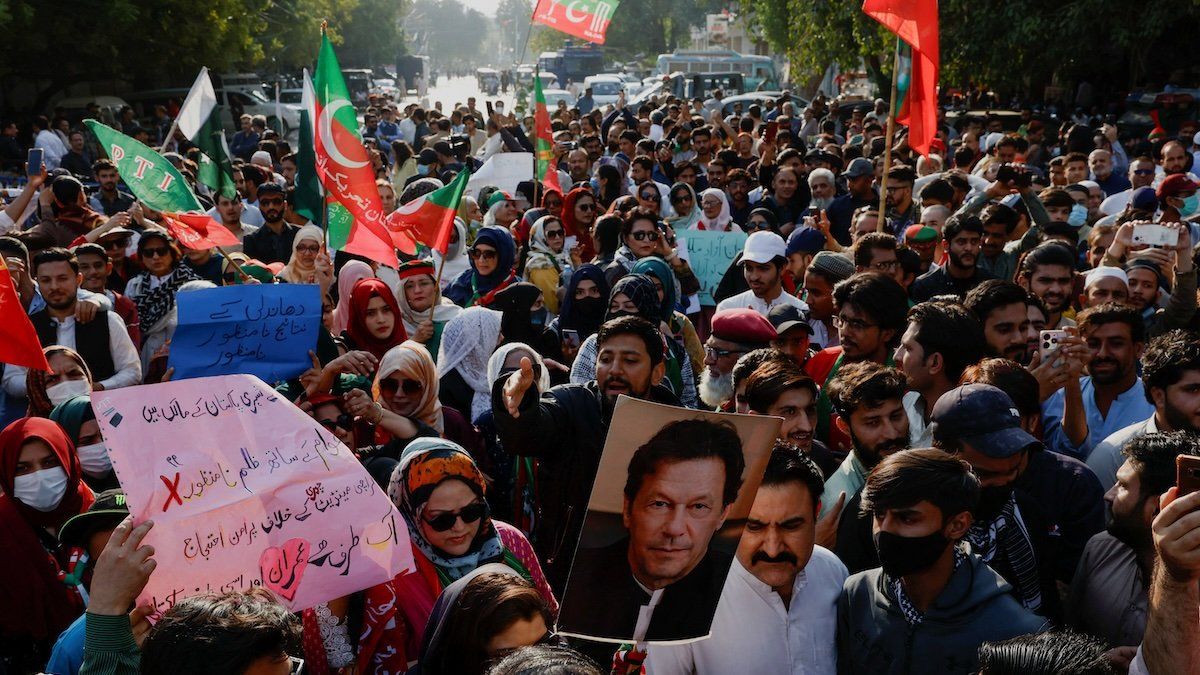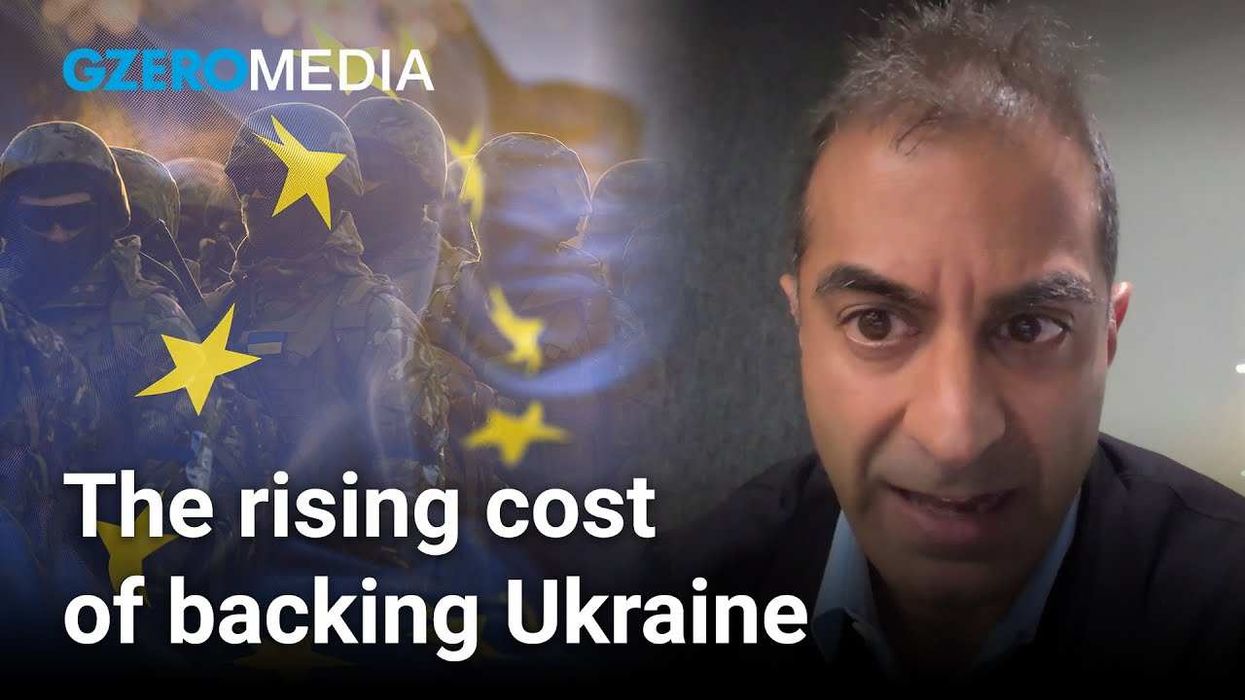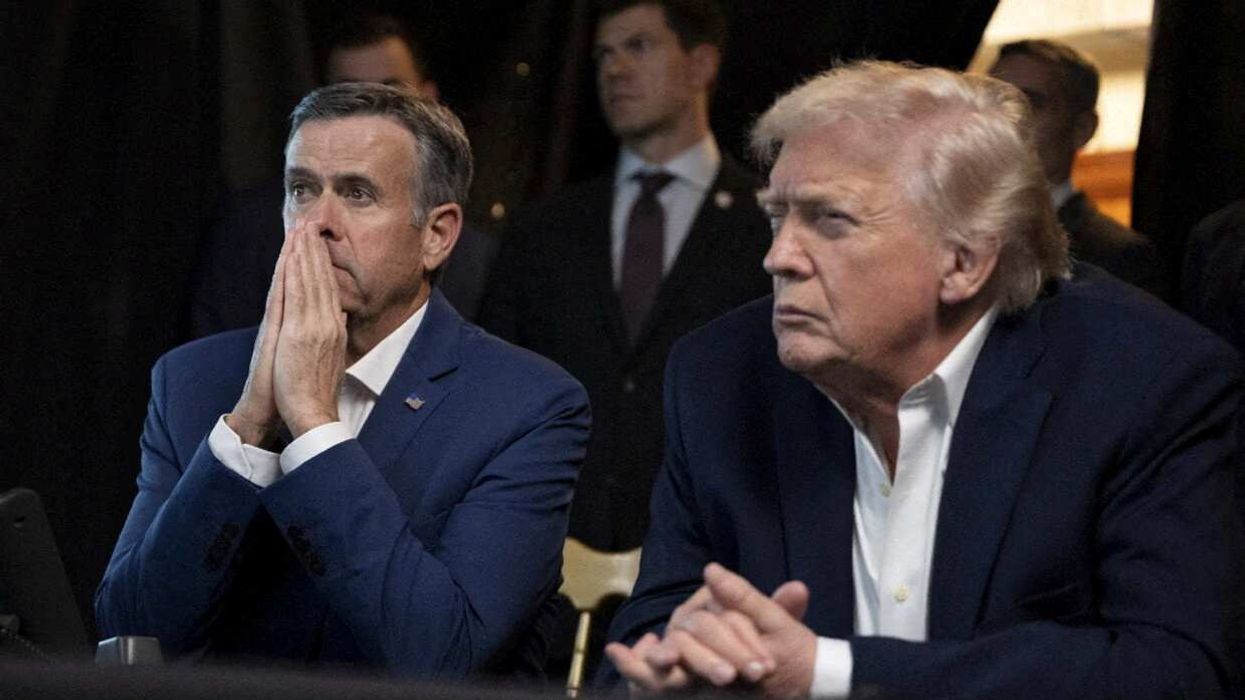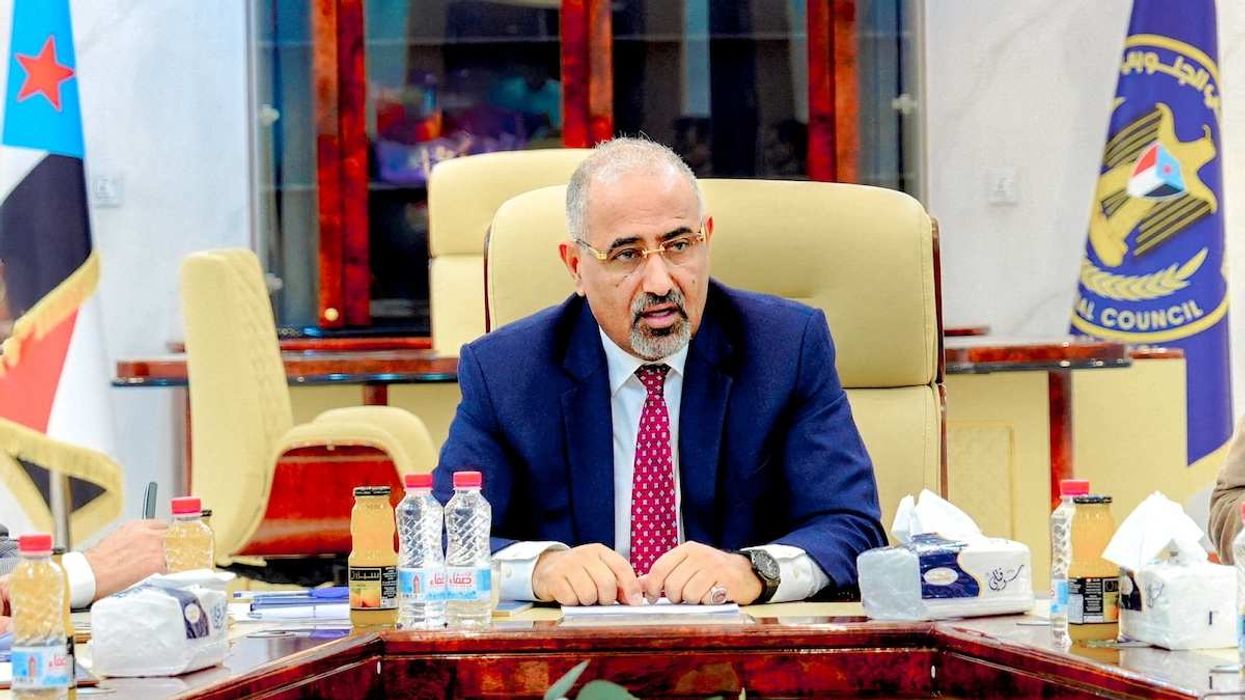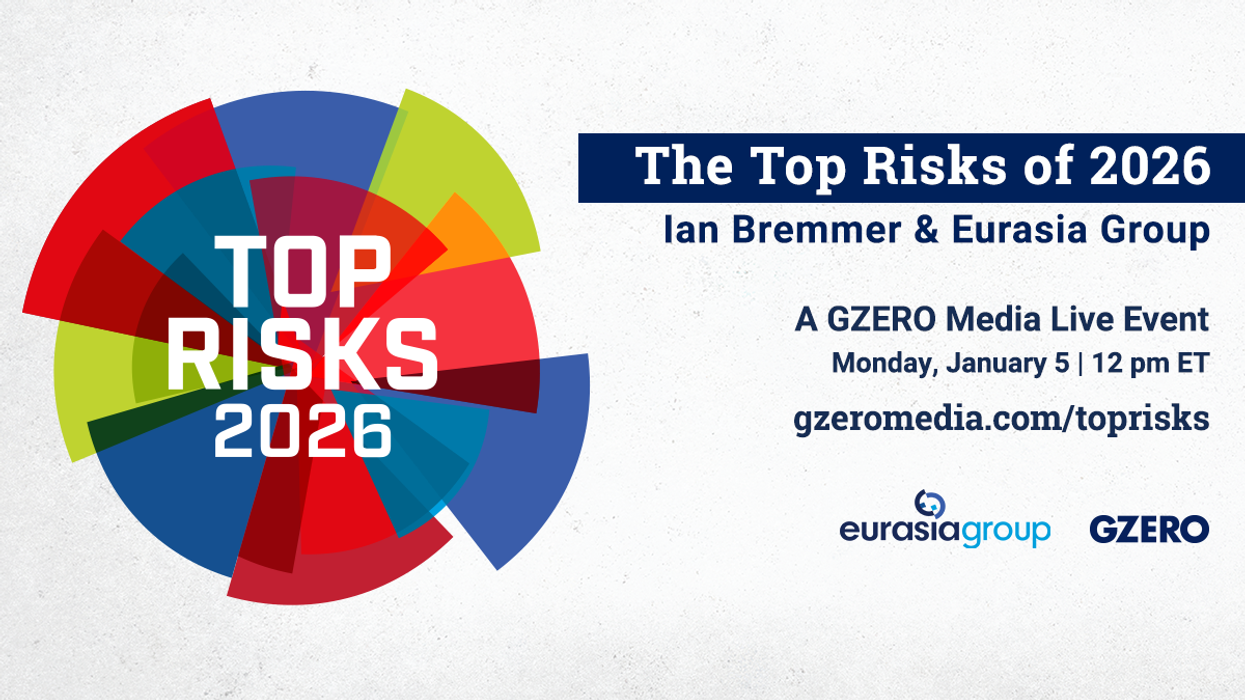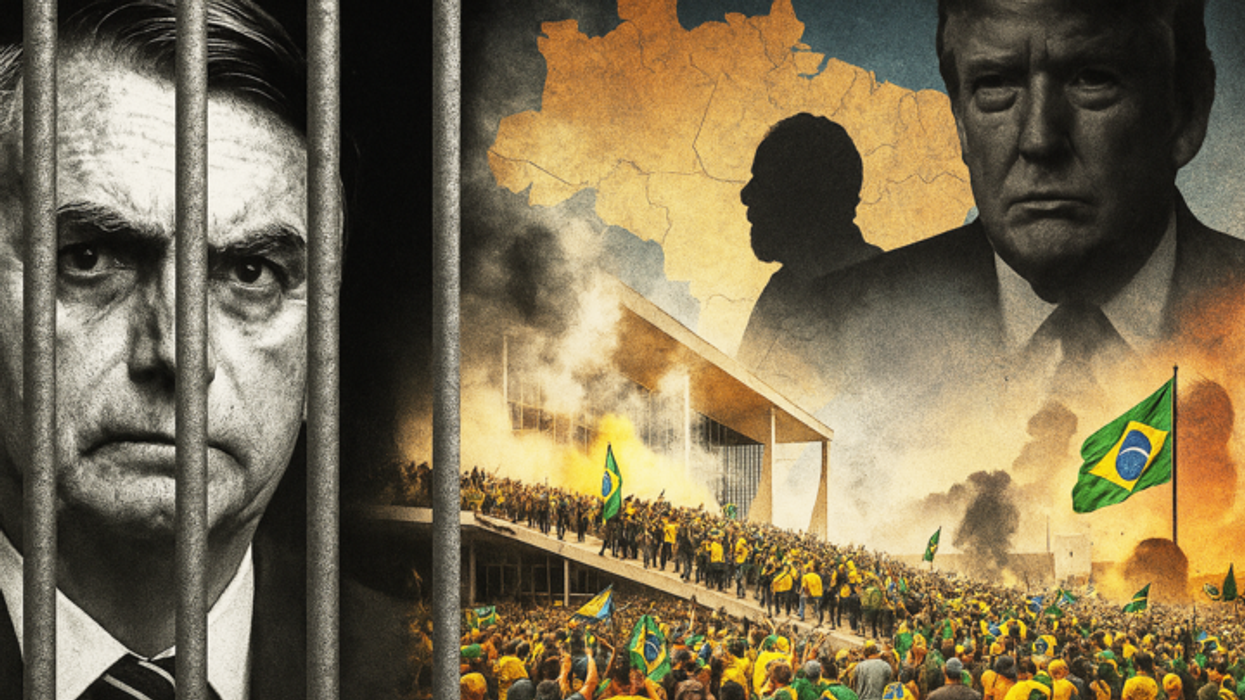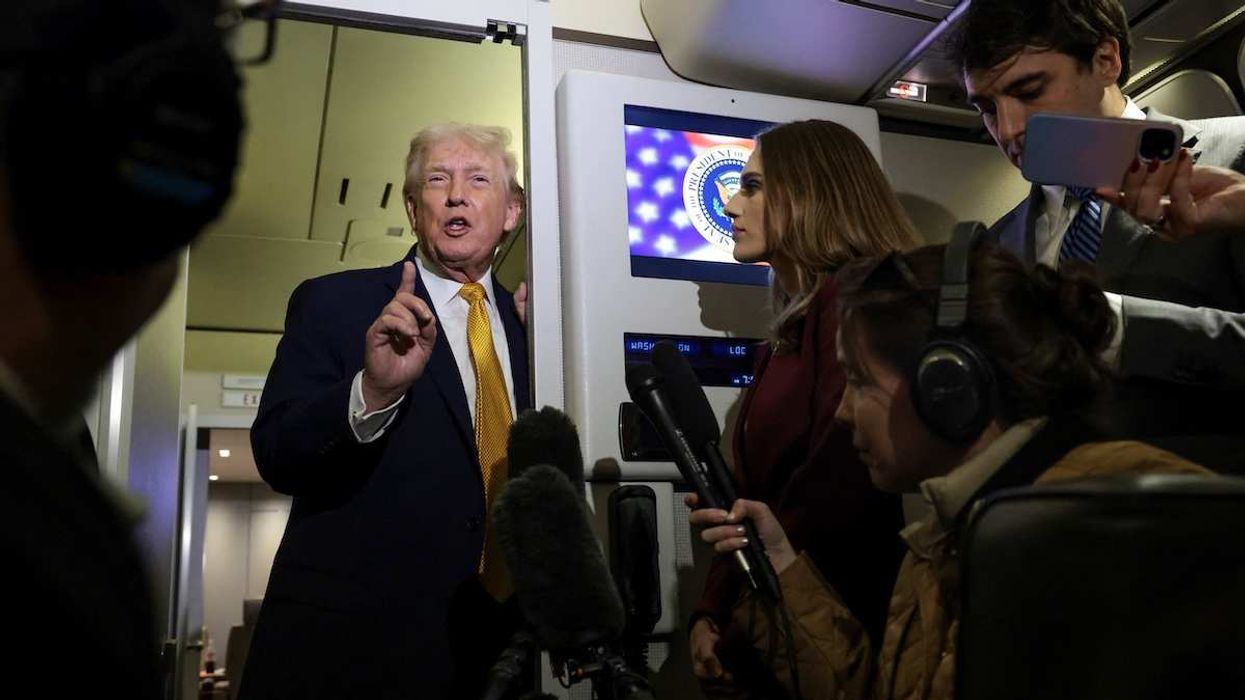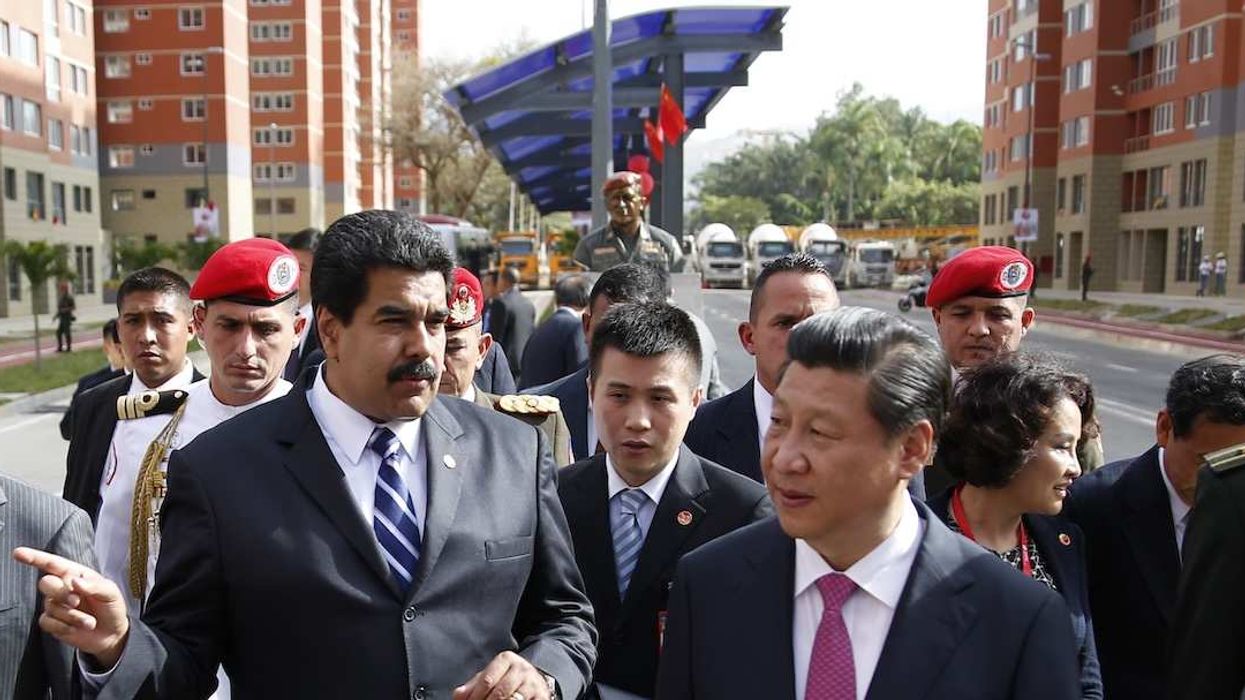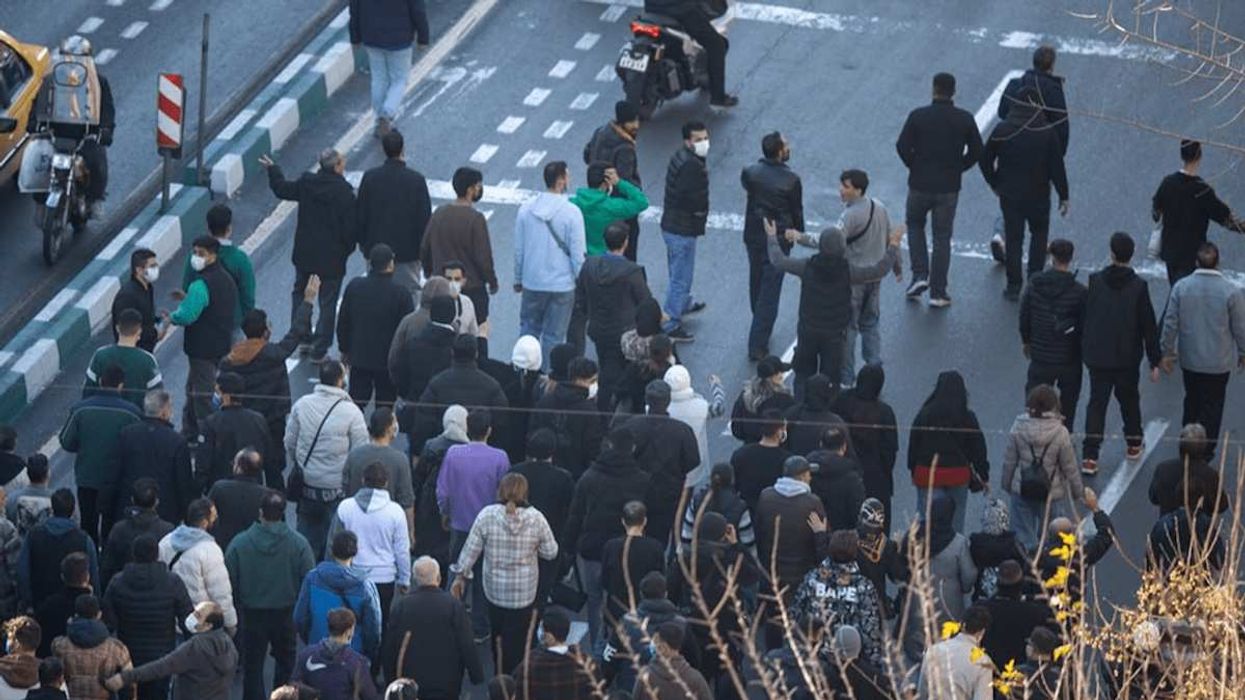Following days of delay, the final results of Pakistan’s elections were announced on Sunday. Unexpectedly, independent candidates aligned with imprisoned former Prime Minister Imran Khan took the most seats — 101 — outpacing the party of Khan’s rival, former Prime Minister Nawaz Sharif, which won 75 spots out of 266 seats up for grabs.
The election was marred by deadly violence and accusations that the nuclear power’s military rigged the process in Sharif’s favor. The shock result is unsettling both for the army, which plays an outsized role in Pakistani politics, and for Sharif, whose party was expected to win.
An uncertain future. Both Sharif and Khan have declared victory — the latter using AI to do so since he’s still behind bars – though no party won the majority needed to form a government.
Sharif has proposed forming a coalition – even though the ex-leader dismissed the idea on Election Day. Meanwhile, Khan’s supporters have taken to the streets, alleging that the vote was manipulated to deny them a majority. Khan loyalists are also mounting court challenges over the results, leaving Pakistan bracing for more political chaos in the days ahead.
